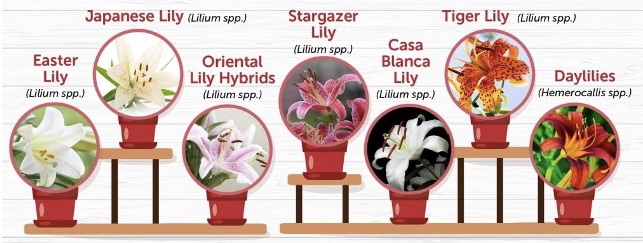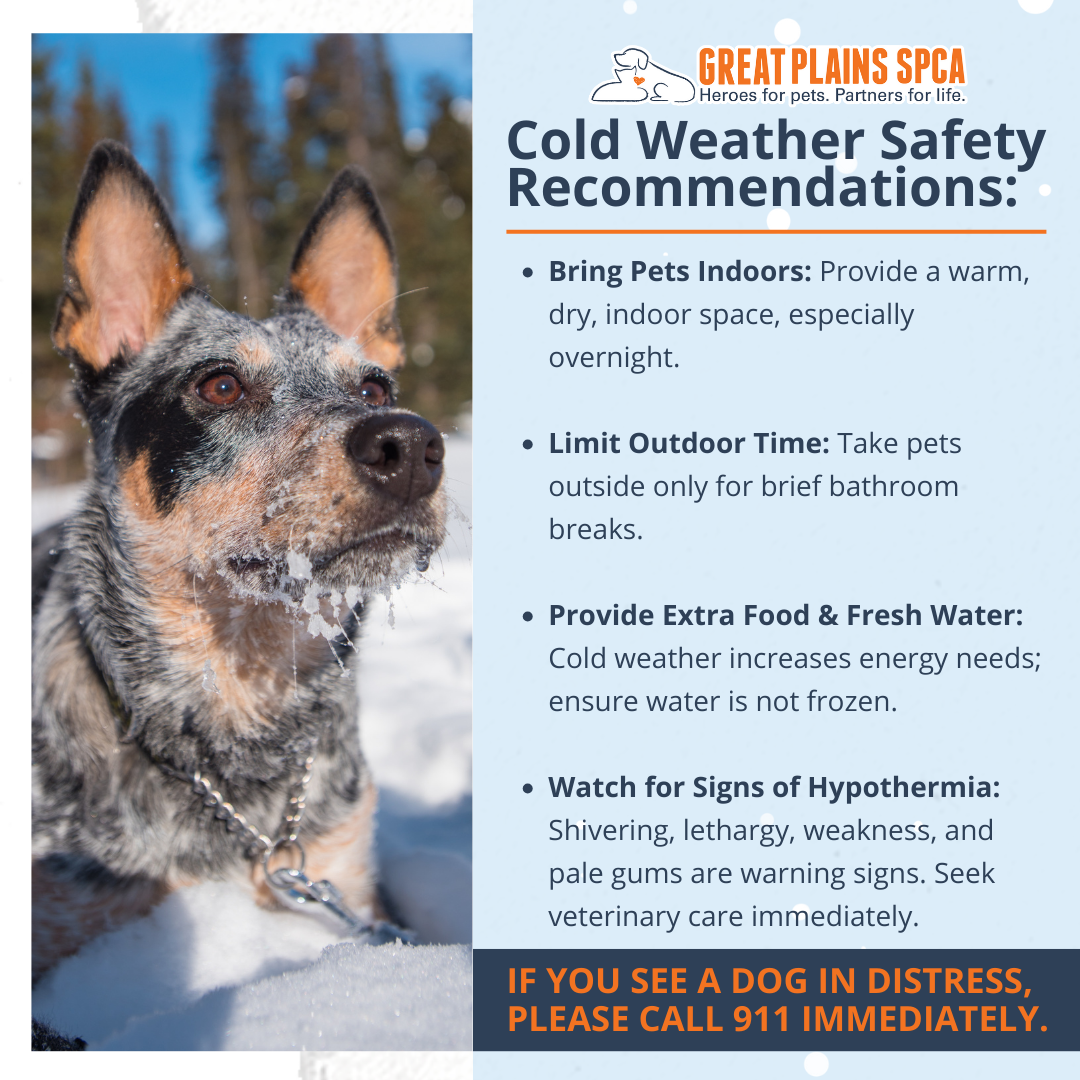Spring has officially sprung and with that comes the inevitable—flowers! While beautiful, one type of flower is hiding a dangerous secret for cats. Dr. Madison Minter, Shelter Veterinarian at Great Plains SPCA, would like to share some information about keeping cats safe among spring blooms.
“True” lily species, meaning lilies from the Lilium or Hemerocallis family, are extremely toxic to cats. The entire plant is toxic: the stem, leaves, flowers, pollen and even the water in a vase. Eating just a small amount, grooming pollen off fur, or drinking the water from the vase can lead to serious consequences. This is a cat-specific toxin and does not affect dogs.
Lily intoxication in cats can cause fatal kidney damage. Signs can begin within 12 hours and start with nausea, vomiting and lethargy. These will rapidly progress if left untreated and can result in death within 72 hours after the initial ingestion. Early treatment by a veterinarian increases the chances of a positive outcome, so seek care as soon as possible if you suspect your cat ingested any part of a lily. If left untreated even for a day, there is a high likelihood that the kidney failure will be irreversible.

So, what lilies should you be looking out for? Some plants are called “lilies” but are not actually part of the toxic group. The common toxic lilies to watch out for are Easter Lilies, Japanese Lilies, Oriental Lily Hybrids, Stargazer Lilies, Casa Blanca Lilies, Tiger Lilies and Daylilies.

Flowers that are called lilies but are actually non-toxic include the Peruvian Lily, Lily of the Valley, Calla Lilly or Trumpet Lily, Peace Lily and Flame Lily. These are lovely alternatives to brighten up your home and ensure your cats stay safe!
Lilies are incredibly dangerous to cats – there’s no way around it. All cat owners should inspect any plants or flower arrangements for these “true” lily species before bringing them into the home. These flowers have no place in a cat owner’s home, and even having these flowers in an “off-limits” area is a risk to your cat’s safety. If you do have these plants in your home and suspect intoxication, seek care with a veterinarian as soon as possible.


